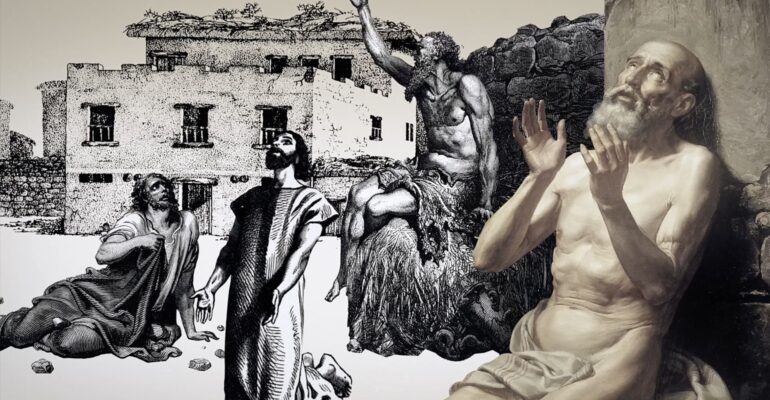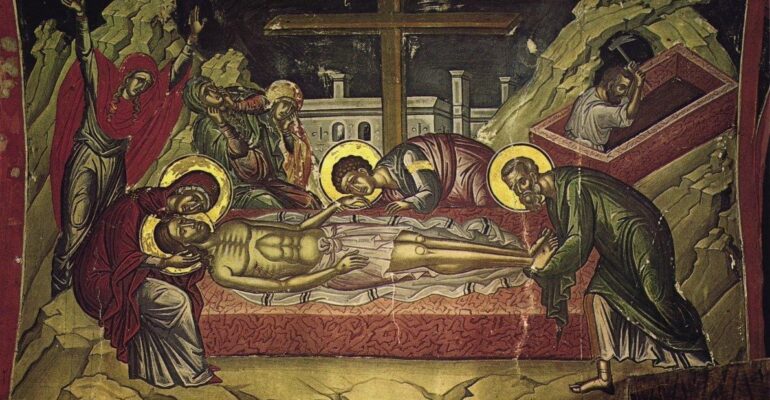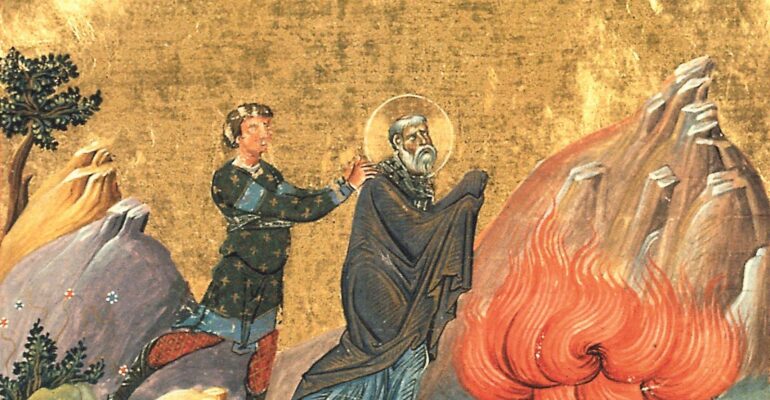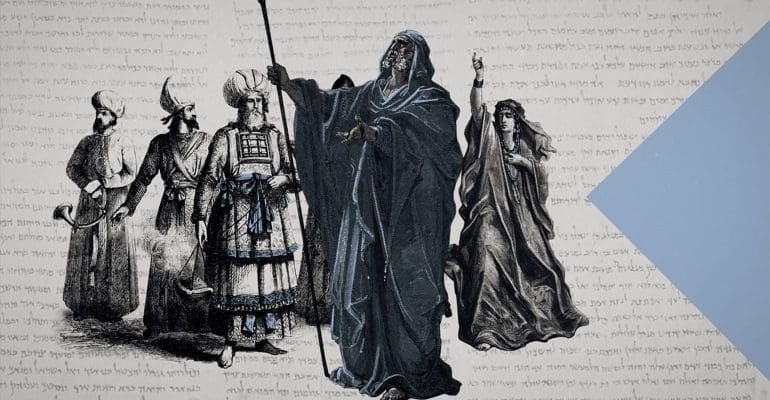Cart 0

Mourning Rituals
Mourning Rituals
The ancient practice of bemoaning the human condition before God.
Mourning Rituals
The ancient practice of bemoaning the human condition before God.
The ancient practice of bemoaning the human condition before God.
in Tags
The Bible is very consistent in its portrayal of ancient Israelite mourning. People grieving the loss of loved ones, tragedy in the community, offenses against God, devastating warfare, and the like are described as putting on sackcloth, tearing or rending their clothes, taking off shoes, sitting on dust and ashes,











